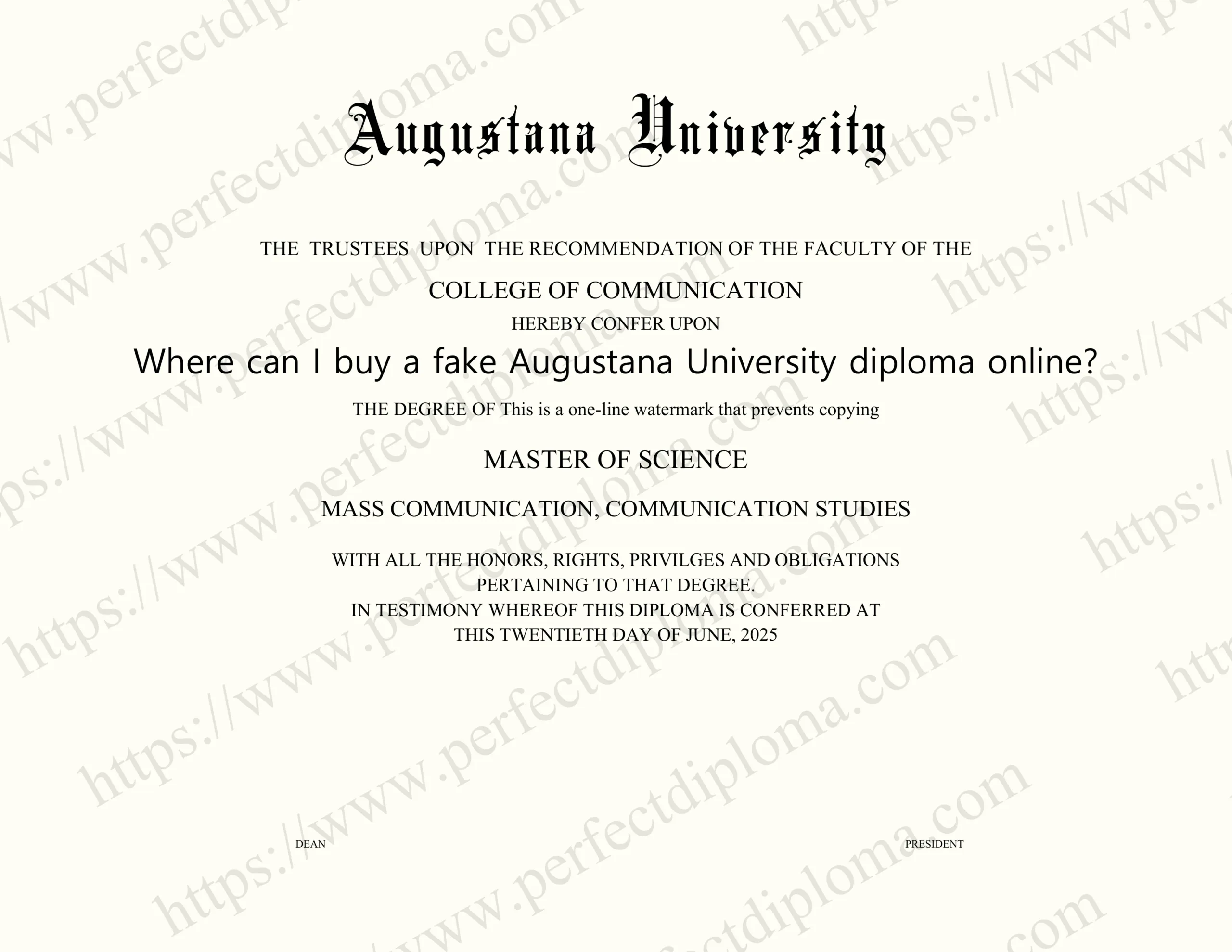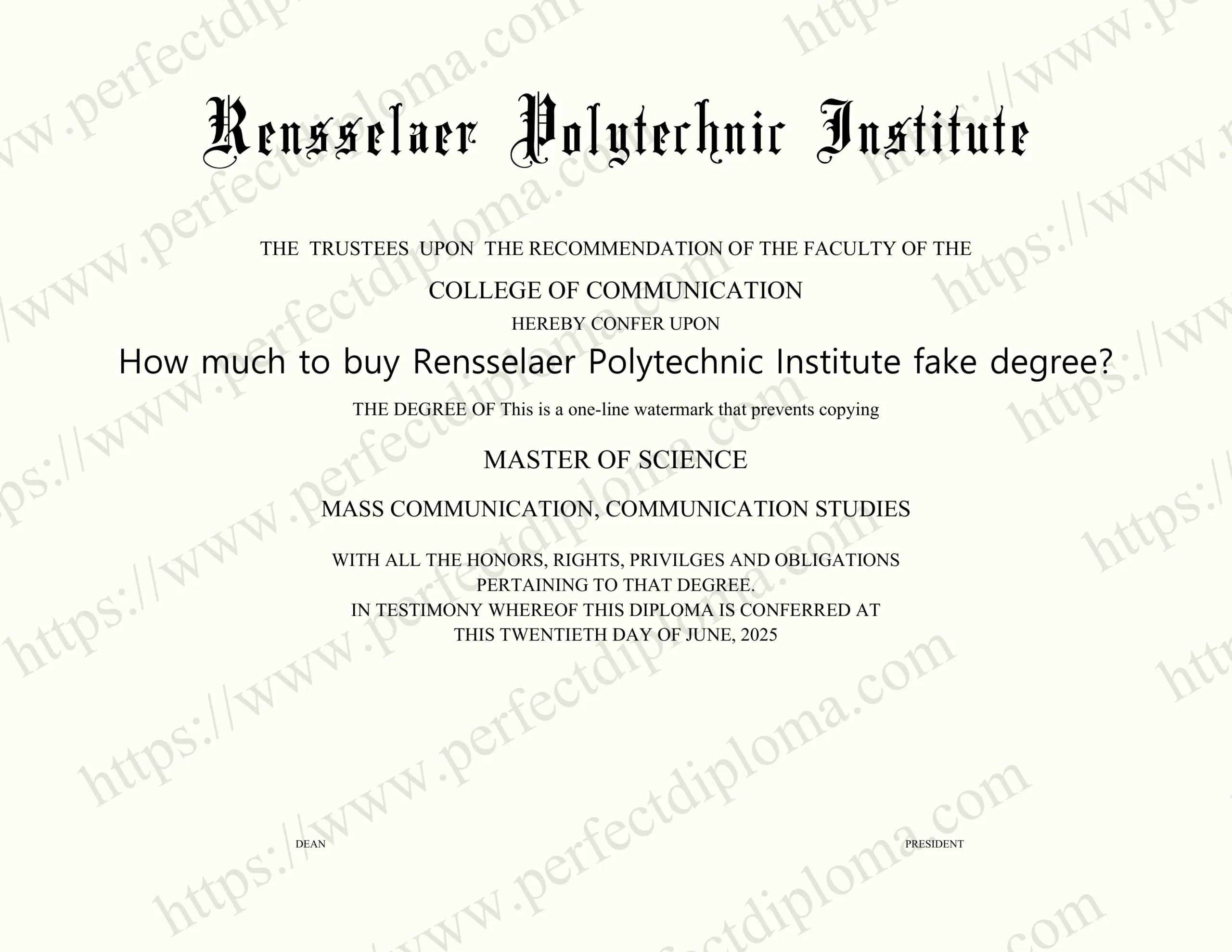Most institutions of higher learning trace a familiar arc. They begin with a core curriculum of foundational sciences and humanities, building a broad base of knowledge before allowing for specialization. DigiPen Institute of Technology, with its primary campus rooted in the innovation ecosystem of Redmond, Washington, deliberately sidesteps this convention. It is not a place for the academically undecided or the faint of heart. From the first day of classes, a student is not merely a computer science major; they are a real-time interactive simulator programmer. They are not just a fine arts student; they are a environment and character artist. This philosophy of immediate, deep immersion defines the DigiPen experience, forging a unique and often intense educational pathway.
The foundational principle at DigiPen could be described as pedagogical learning-through-making. Theoretical knowledge is not accumulated for its own sake but is treated as a necessary tool for immediate creation. A mathematics class on linear algebra is not an abstract exercise; it is a critical lesson on how to build a 3D graphics engine. A physics course is directly applied to programming realistic projectile motion in a game. This approach creates a powerful feedback loop where the utility of theory is constantly demonstrated, reinforcing its importance in a way that traditional lectures often fail to achieve. Students do not wonder why they need to learn a difficult concept; they experience the system-breaking consequences of not understanding it.
This methodology culminates in the legendary team projects, a cornerstone of the DigiPen curriculum. Starting as early as the sophomore year, students from different disciplines—programming, art, music and sound design, game design—are formed into small development studios. These are not simulated exercises but multi-semester commitments to building a complete, often complex, software project, typically a video game. The process is a microcosm of the professional industry, with all its triumphs and tribulations. Programmers and artists must learn to communicate across a technical and creative divide. Team leads must manage schedules and mediate creative differences. The inevitable crunch times, technical debt, and occasional project failures are as formative as any academic lecture. A student graduates not only with a diploma but with a portfolio of shipped titles and a visceral understanding of collaborative production.
The environment this creates is one of extreme rigor and high stakes. The workload is notoriously demanding, a known quantity that the institute does little to soften. The culture is one of relentless iteration and problem-solving. Classrooms and labs hum with a specific energy, a blend of intense concentration and the frantic exchange of ideas between peers who are both collaborators and competitors. This pressure-cooker atmosphere is not for everyone, and the institute has a reputation for a high attrition rate, a Darwinian process that filters for those with a specific blend of talent, resilience, and obsession. The reward for those who persist is a level of preparedness that is rare among new graduates.
The outcomes of this unique model are significant. DigiPen alumni form the backbone of countless major studios and tech companies. They are the engineers behind groundbreaking graphics technologies, the lead designers of iconic game franchises, and the founders of influential independent studios. The institute’s influence is disproportionate to its size, a testament to the potency of its hands-on, project-saturated approach. It has proven that a deep, almost vocational focus on doing can coexist with and even enhance a rigorous theoretical education.
In the broader landscape of American higher education, DigiPen stands as a compelling alternative. It challenges the notion that a broad, exploratory liberal arts foundation is a necessary precursor to specialization. It argues instead for a model of integrated, applied learning where theory and practice are not sequential phases but concurrent, intertwined strands. For a certain type of student—the one who is already building, coding, and creating—DigiPen offers a direct and unforgiving path to mastery. It is less a traditional college and more a professional incubator, a forge where the tools, techniques, and tenacity required to build complex digital worlds are hammered into shape through the relentless, practical act of creation itself.
How do I order a fake DigiPen Institute of Technology diploma online?, Purchase DigiPen Institute of Technology fake diploma, Can I buy a fake DigiPen Institute of Technology diploma?, Buy a fake DigiPen Institute of Technology diploma, Fast to Get the DigiPen Institute of Technology fake degree., Where can i get to buy DigiPen Institute of Technology fake certificate




